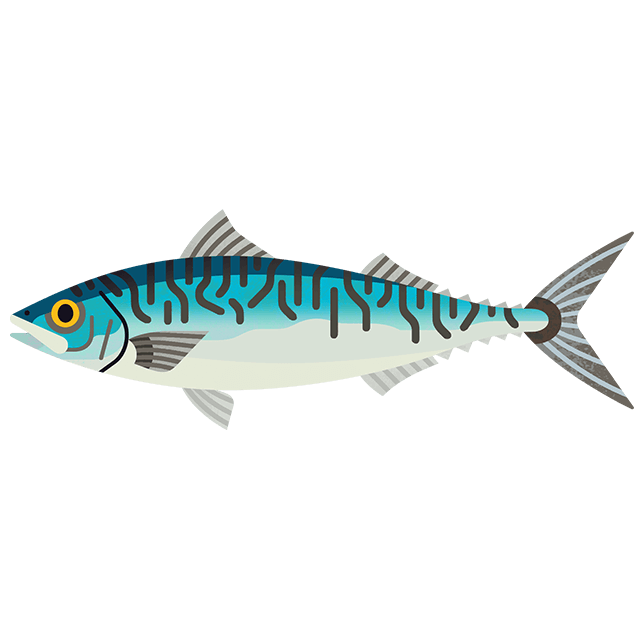
Masterclass: pan-frying a fish fillet for perfect crispy skin
Mike King, fisherman, chef and founder of Fins & Forks gives us a masterclass on one of the most important aspects of fish cookery.
If you want to achieve the satisfying crunch of crispy skin on a perfectly cooked fillet of fish, there's one key thing to remember… from the moment that fish is in your possession you need to keep it dry.
After all, you wouldn’t rinse a steak or lamb chop under the tap so why would you treat fish any differently? Potentially because you’ve seen it done a thousand times. Fisherman and fishmongers need to keep everything as cold, fresh and clean as possible so they rinse things down an awful lot. However they’ve done their bit, now it’s over to you…

Trout fillets, drying on kitchen towel
Credit: Jack Clarke
Bacteria need three things to thrive; time, temperature and moisture. If you remove one of these then you will limit spoilage and believe it or not, fishy smells are largely down to moisture being present. Fresh fish, kept cold and dry does not smell.
So, you've got your fish home from the fishmongers. I’m going to assume for the purpose of this blog that you also took advantage of their knife skills. Leaving you with a de-scaled, pin boned, pan-ready fillet, with its skin on (aided in your choice of fish by the Good Fish Guide ;-)

Filleting a rainbow trout
Credit: Jack Clarke
First things first. When you get home, get it out of the bag it came in and dry it thoroughly using kitchen paper. Once it’s throughly dry, cut into your desired portion sizes. If it’s a species like bass (with skin that shrinks when it hits a hot pan) then it’s always a good idea to score the skin, gently, a centimetre or 2 apart. You are only looking to break the skin and not slice through the flesh of the fillet.
Now take these fillets and place them on a sheet of kitchen paper on a plate, skin side up in the fridge uncovered for a couple of hours (much like you would treat a good steak) the air circulation in the fridge, and the temperature will help wick away more of that dreaded moisture.
20 minutes before you are going to cook them, take your fillets out of the fridge to take the chill off them, this will help with the cooking. You should be able to see the skin is much drier than when you bought them. Gently rub the skin side of the fish with a good quality oil (I use cold pressed English rape seed) and get a non stick pan on the stove to heat up. You want this pan HOT…
needless to say please be careful from here on in.
Just before cooking add a glug of rape seed oil to the pan and season the skin side of the fish with good quality salt. Last thing before cooking, get your fish slice or spatula ready.

Trout fillet frying skin-side down
Credit: Jack Clarke
Taking the seasoned fillets place them one at a time skin side down into the hot pan and as soon as that fillet hits the pan using your fish slice press down firmly but gently for 5-10 seconds thus holding the fish in place, stopping the skin curl and critically ensuring every part of that skin is in contact with the pan. Without direct contact your skin will not crisp up.
Now leave it alone!

Finishing the fillet in butter
Credit: Jack Clarke
Fish cookery, much like other cookery is largely a confidence game, pan rattling and poking isn’t going to do anyone any good. The clue to a stir-fry is in the title- it’s not called a wok rattle fry. And this is called pan-frying fish, so let the pan do its work.
After a few minutes you will see the colour start to change throughout the fillet. Once most of the fillet has lost its opaqueness (around 3-6 minutes depending on thickness) season the flesh side of the fish in the pan and have a quick check by lifting the fillet to see how that skin is getting on.
If it’s going well it should be beautifully golden, crispy and ready for that one turn. Having left the fillet alone it should have allowed a nice thick, crispy skin to form and critically make it really easy to lift and flip without sticking to the pan.
At this point I remove the pan from the heat and add a couple of knobs of butter to finish the fish, another minute gently cooking in the butter off the heat and your fillet will be ready. Remove from the pan, rest for a moment (again on kitchen paper) and serve skin side up.
Enjoy…

Crispy, crispy skin
Credit: Jack Clarke



